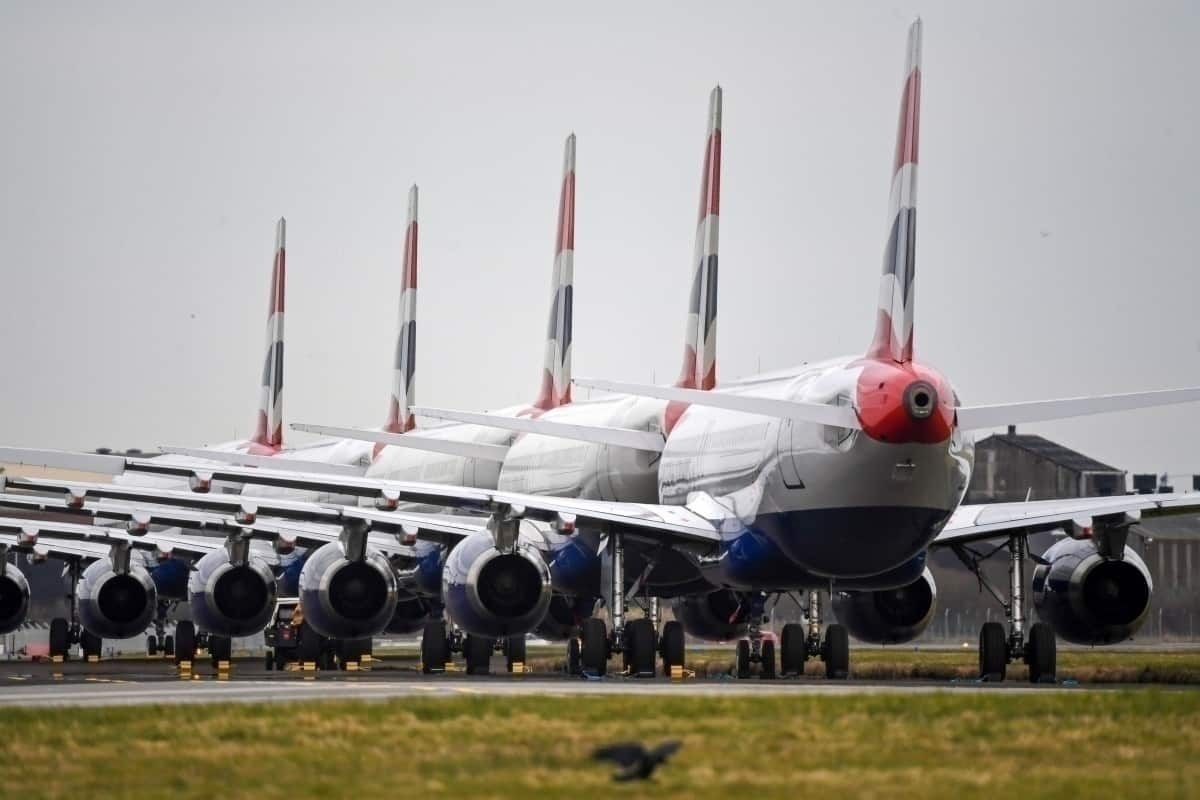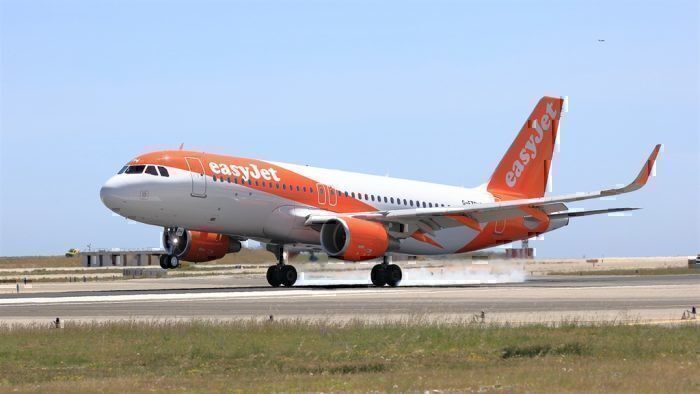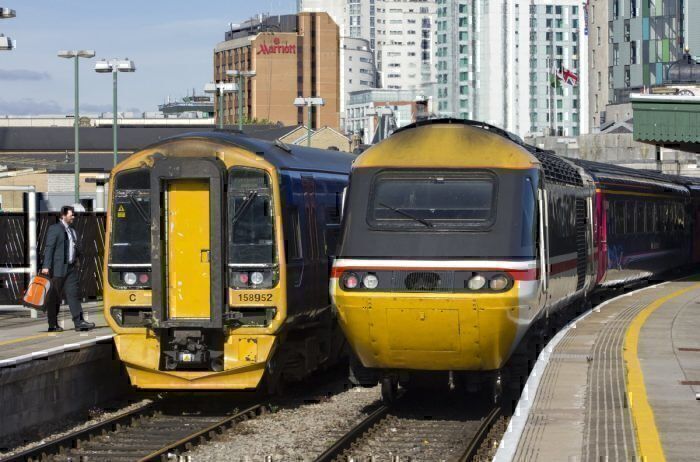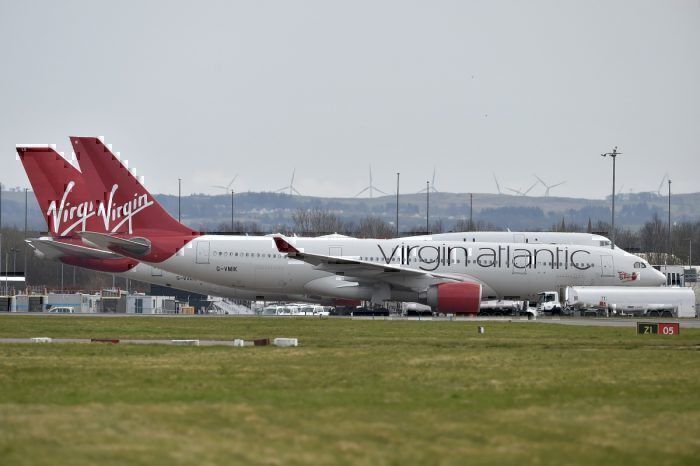The British government has been wrestling for a couple of weeks over what form to make airline assistance available. Although it has already introduced measures such as deferment of passenger APD, these small tidbits of relief were thought to be merely the tip of the iceberg.
Just today, Reuters noted that Rishi Sunak is going to be ready to make an announcement on the shape of the bailout package ‘soon’, but how soon is soon? If the UK government wants to support its airlines, why aren’t they already opening the proverbial national wallet?
The problem is, it’s not that simple
This afternoon I had the pleasure of attending the AviaDev Europe webinar, where panelists including MIDAS Aviation’s John Grant and Jeremy Robinson from Watson Farley and Williams, an EU and competition law specialist, discussed what help Europe should be giving to its airlines, and what form that could take. You can relive the webinar for yourself below:
Naturally, the conversation turned to the UK, where all eyes are on Johnson and Sunak to hurry up and present its airlines with a feasible rescue strategy. However, as has become clear this afternoon, it’s not as simple as all that. Here’s why.
What will the world look like?
Any government planning on sticking a load of taxpayer money into an airline has to be pretty confident they’re making a good investment. This means contemplating how different the world might look once the nightmare of COVID-19 is over.
There’s a strong possibility that the aftermath of this situation will leave the world’s appetite for travel dampened. It’s also likely to leave the global economy in a deep recession, with many people short of cash and unwilling to blow their funds on long haul travel.
With so many workers now working from home, businesses who were skeptical about remote working may well rethink their strategy. There’s a possibility that this could mean some demand drops out of the business travel market, a key revenue stream for full-service airlines.
And, of course, some airlines may not survive at all. Consolidation has been happening in Europe for some time, and the coronacrisis will only accelerate that process. When it’s our money they’re playing with, you can start to see why the government wants... no… needs to get this right.
Who wants the money?
Let’s say that UK government doesn’t want to bail out every single airline in the country. Perhaps it feels this would be too expensive, or that it wants to provide cushions only for those who are seen as viable business concerns. Who would be lining up to stake their claim in the share?
The first area of competition is clearly airlines versus airlines. Some airlines, such as British Airways, would proclaim their long and proud history in the UK, nodding in the direction of the Royal Warrant of Appointment as they did so. Others, such as easyJet, would highlight the way in which they’ve opened up travel to the masses, and how their vitally important point to point services have connected communities.
But then there’s another, more difficult area of competition. The railways. While people are in lockdown, only a skeleton service is operating on the rails. Railway operators are suffering financially too, although perhaps to a different order of magnitude from the airlines.
Rail transportation ticks a lot of boxes that aviation cannot. It’s cleaner, and for short-haul journeys, often faster too. It’s also rather expensive, particularly in the UK, and has been crying out to be subsidized for decades. Could the UK, and indeed Europe, decide to instead allow some airlines to fail, or ‘consolidate’, while pumping money into their ground-based competitor instead? It would appease the Extinction Rebellion crowd no end.
Who deserves the money?
Of course, if the UK government does decide to put its hand in its pocket, but only for some airlines, who should it save? Virgin Atlantic, with its massively profitable parent company across the pond, would have a hard time proving it was worthy of a bailout. easyJet too, with its recent dividend payout of millions to shareholders, could find itself faced with some awkward questions to answer.
Some speculators have posed the idea of looking at deserving and underserving airlines, based on how they’ve been operating recently. Over in the US, we’ve seen a number of major carriers come under fire for the extensive share buybacks that have gone on over the past few years, money that could otherwise have been kept for a disaster such as this.
The value to the economy of an airline has to be taken into consideration too. Those providing essential connectivity and vital goods services are likely to be considered more worthy of a bailout than those with a strong focus on leisure operations.
Getting out again
The UK’s problem isn’t just about who to give money to, how much to give them and in what form it will be. There’s also an issue around how they get out again and, hopefully, get some of its taxpayers’ money back into the national coffers.
A share purchase agreement, where it would look to retain shares for a fixed period and then sell them back to the airline, would meet this criteria perfectly. But, like any investor dabbling in the markets, the government needs to be sure it is investing in a healthy, solid company that will bring it a worthwhile return.
As the UK’s airlines grow more desperate for news, I think we’re only days, if not hours, away from an announcement. Hopefully, the delay has been to ensure our money is going the right way.




